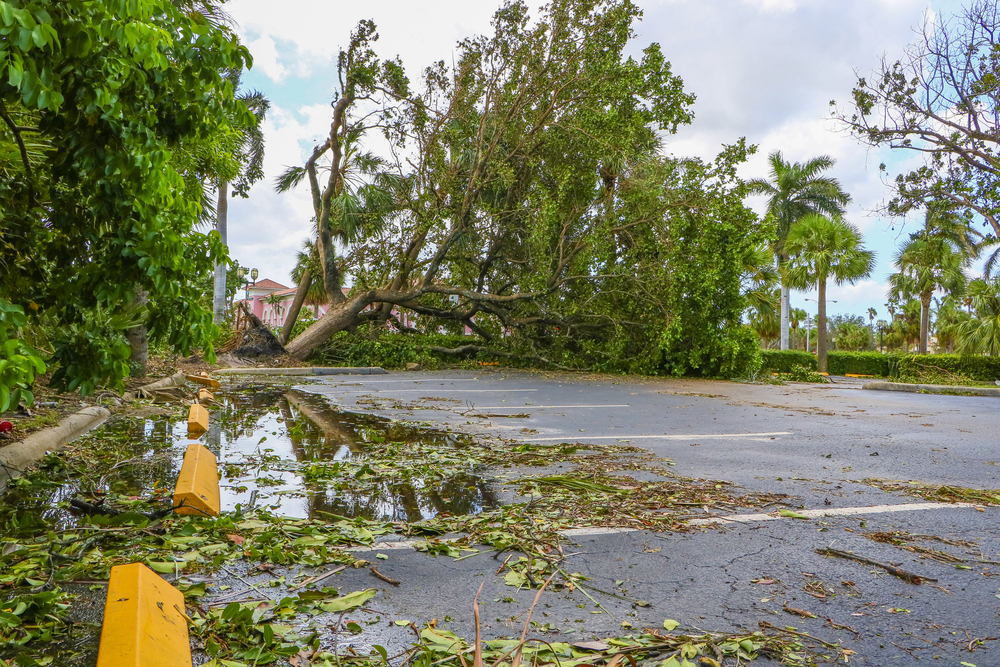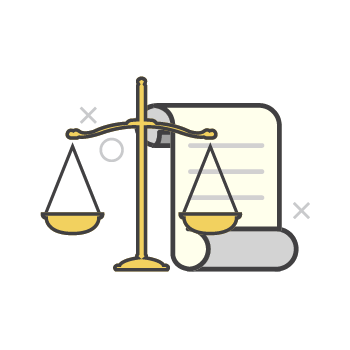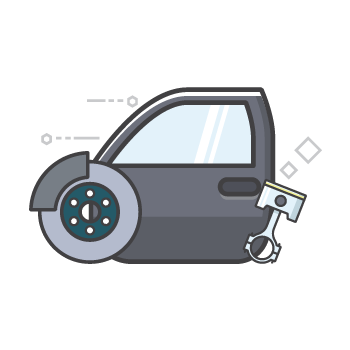Important Safety Tips to Keep in Mind Before and During Cleaning-Up this Hurricane Season
by Carolyn Lee Jun 21, 2023

Hurricanes and tropical storms can cause extensive flooding and debris from damaged structures. These systems typically have strong winds, heavy rainfall, and storm surges. Storm surges and heavy rain can destroy roadways, cause power outages, flooding, and damage to telephone cables, buildings, and property.
During the cleaning-up process, some people may be at risk in flooded areas from sharp objects and harmful substances. We want to remind you of what you can do when it’s time to clean up after a hurricane or tropical storm.
20 safety tips to keep in mind before and during clean up.
- Check on your neighbours to see if they need help.
- Seek medical assistance for persons who have been injured at the nearest clinic, health centre or hospital.
- Listen for updates and instructions from the relevant authorities before venturing out.
- Wear protective clothing. This includes safety helmets, gloves, goggles, high-visibility clothing, and safety footwear.
- Always work with a partner or group. This allows you to have someone else on hand to help move large objects or if you encounter difficulties.
- Use text messages, emails, or social media to communicate with others if phone systems are busy. Save phone calls for emergencies only.
- Avoid touching loose or dangling electrical wires. Report these to the relevant authorities immediately.
- Do not wade into flooded areas, as sharp objects or fallen electrical wires may be hidden below. Do not allow your children to play in floodwaters.
- Report any sewage leakages and broken water pipes to the relevant authorities.
- Collect debris and fallen branches. Pile them in an area where they are not a hazard to others but can be easily collected.
- Unless contaminated, do not empty stored water until regular water services are restored.
- Boil all water used for drinking until the water supply is restored.
- To reduce the risk of carbon monoxide poisoning, keep a generator at least 20 feet outside, away from doors or windows. Do not grill inside.
- Always wash your hands with soap and water after contact with floodwaters.
- Do not drive through flooded areas.
- Avoid rodent infestation by keeping food and garbage covered. If possible, trap rodents.
- Reduce the risk of leptospirosis by covering cuts or abrasions with waterproof bandages. It can be transmitted from water or soil contaminated by infected animals’ urine.
- Throw away medication that has touched floodwaters or requires refrigeration.
- Reduce exposure to mould by limiting the amount of moisture in your home. Clean and dry it quickly. Fix broken pipes and leaking roofs and clean areas with mould.
- Do not eat food contaminated in floodwaters or hasn’t been appropriately refrigerated (meat, eggs, seafood, or milk).
The cleaning-up process will be timely and needs to be done correctly. If you are volunteering, always practice safety. While children may be eager to assist with cleaning up, they shouldn’t participate because of the risks involved. Remember to use our Find Yello listings for hardware stores, home centres and other relevant businesses for needed products and services.
Sources: ODPEM, CDC, and Ready Gov.








